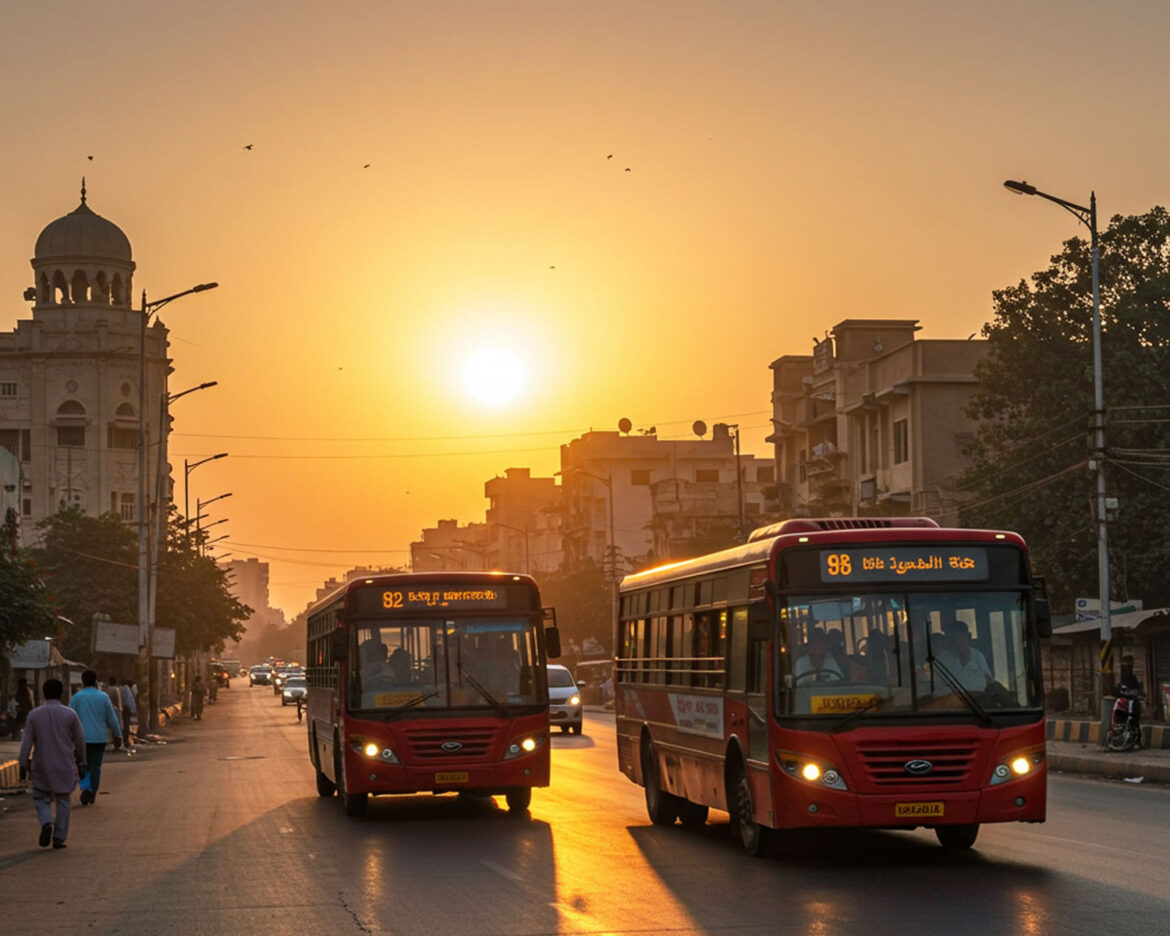The Sindh government has announced a substantial investment exceeding Rs 50 billion to overhaul Karachi’s public transportation system. This initiative aims to introduce 8,000 electric buses into the city’s mass transit network, marking a transformative step toward sustainable urban mobility.
Phased Implementation Plan
The project will be executed in three phases over the next four years:
-
Phase 1: Deployment of 500 electric buses within the first year.
-
Phase 2: Addition of 1,500 electric buses.
-
Phase 3: Introduction of 4,000 to 6,000 electric buses, along with the development of supporting infrastructure, including charging stations, depots, and bus stations.
A key component of this plan is the establishment of a solar power plant with a capacity of up to 1GW, expected to be completed by the end of Phase 3, to sustainably power the electric buses.
Financial Commitment
The Sindh government has allocated Rs 412.5 million for the last quarter of fiscal year 2025 and committed Rs 1.65 billion annually for eight years to cover the monthly payments for the buses. The buses will be supplied under a rent-to-own model by the National Energy & Transport Corporation (NETC), based on a cost-per-kilometer payment arrangement.
Current Progress
As of now, 50 electric buses are already operational on major routes across Karachi. The Sindh Mass Transit Authority (SMTA) has also approved a contract with NETC for the supply, construction, operation, and maintenance of 100 electric buses under the same model.
Broader Impact
This initiative is part of the Sindh government’s broader efforts to modernize Karachi’s public transport infrastructure, reduce carbon emissions, and provide efficient, eco-friendly public transportation to millions of residents. The project aligns with global trends toward cleaner and greener mass transit systems, positioning Karachi as a leader in sustainable urban mobility.



